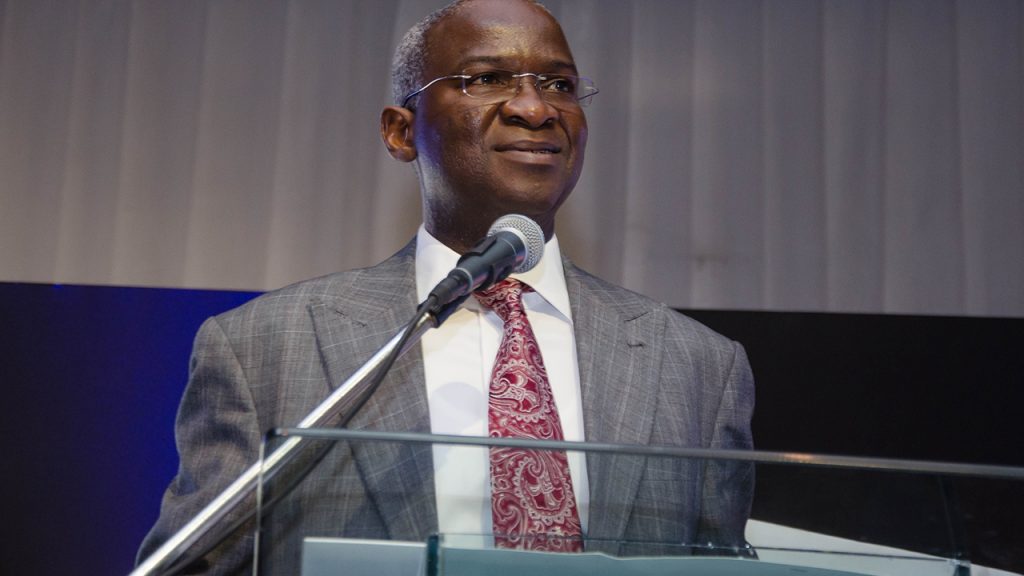The implementation of Meter Asset Provider Regulation 2018 developed by the Federal Government will fetch the Nigeria Electricity Supply Industry, NESI, more than N200 billion investments in the next three years.
Dafe Akpeneye, the Commissioner, Legal, Licensing and Compliance, at the Nigeria Electricity Regulatory Commission, NERC, while presenting the regulation at just-concluded 25th Power Sector meeting in Uyo, said the regulation would create jobs in compliance with the compulsory 30 per cent local content in the engagement of manpower.
Akpeneye, who said the issues of availability of metering and estimated billings were a recurring issue wherever it went, said the commission had consultations with different stakeholders, agencies and consumers on the regulation.
He submitted that the findings were that NERC could not leave the task to the DISCOs alone as other investors must come on stream, hence the Meter Asset Provider Regulation.
The commissioner noted that four years after, privatization customers were still complaining, which necessitated the regulation to have independent people approved by NERC and contracted by the DISCOs to bridge the metering gap.
In bridging the gap, he said, customers would now have the option of self-financing, obtain meters from the asset providers to pay the metering service charge for a period of 10 years.
According to him, the meter asset providers will also ensure maintenance of the meters within 48 hours in case of any fault.
Meanwhile, the Federal Government says plans to evacuate the stranded 2,000 megawatts are in top gear as an agreement on the tariffs to be paid by eligible customer will soon be reached.
Mr. Babatunde Fashola, Minister of Works, Power and Housing, who stated this at the concluded 25th Power Sector meeting in Uyo, said the efforts had been so far productive.
Fashola revealed that the Federal Government had met with Manufacturers Association of Nigeria, MAN, Distribution Companies, DISCOs, and Generation Companies, GENCOs, on how to implement the Eligible Customer Policy.
He said implementation of the policy would increase connectivity to the 2,000 MW that is available.
The minister said: “While it is no longer news that we have reached a 7,000 MW generation capacity and have a 5,000 MW distribution capacity, what is newsworthy is that in the last month, we have met with Manufacturers Association of Nigeria, MAN, DISCOs, and GENCOs on how to implement the Eligible Customer Policy and increase connectivity to the 2,000 MW that is available.
“In many parts of the country connected to the grid, citizen feedback is positive, even though all the problems are not solved.
”Citizens acknowledge more power in dry weather, reduced hours of running their generators and reduction in fuel (diesel and petrol) purchase to power generators.”

